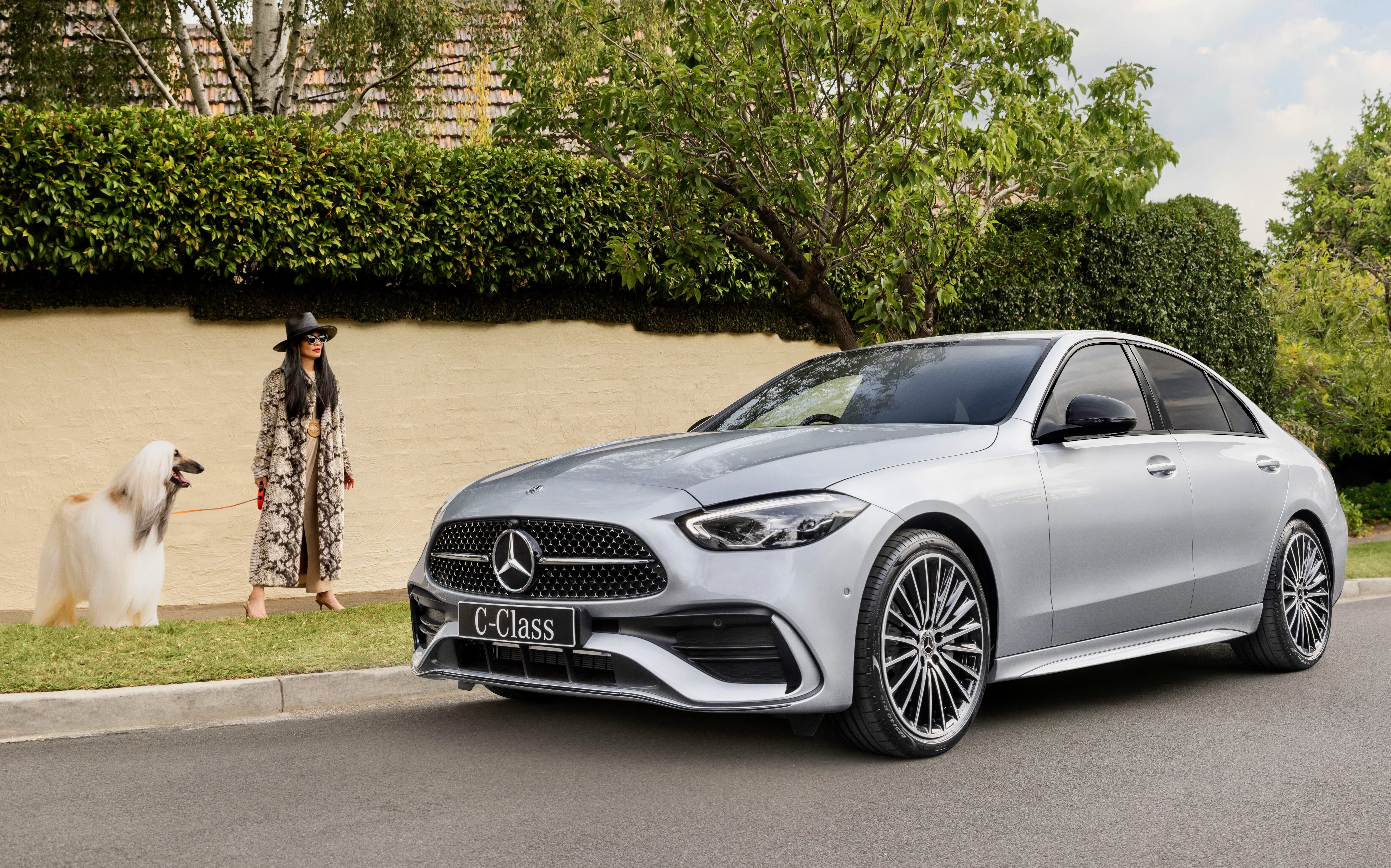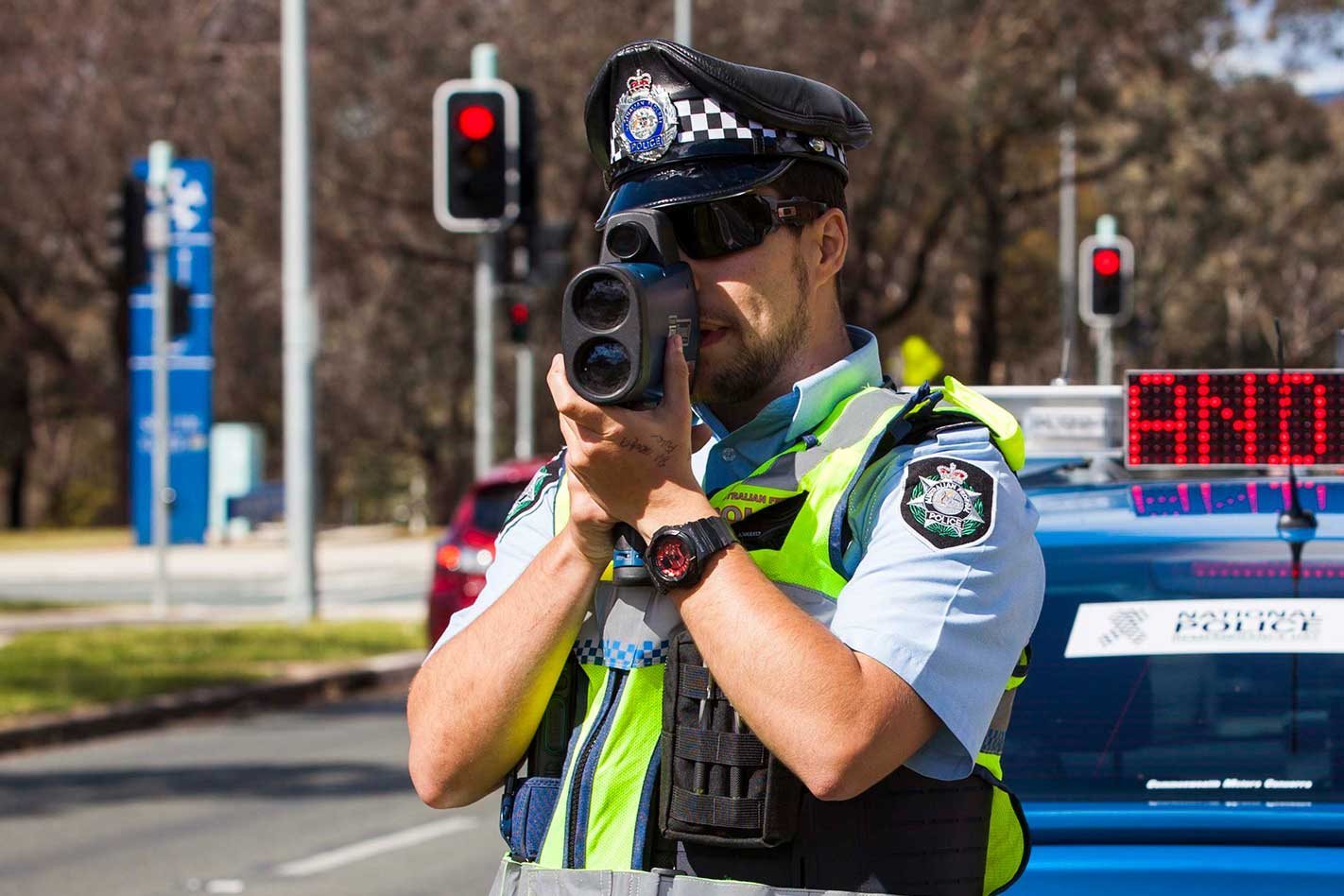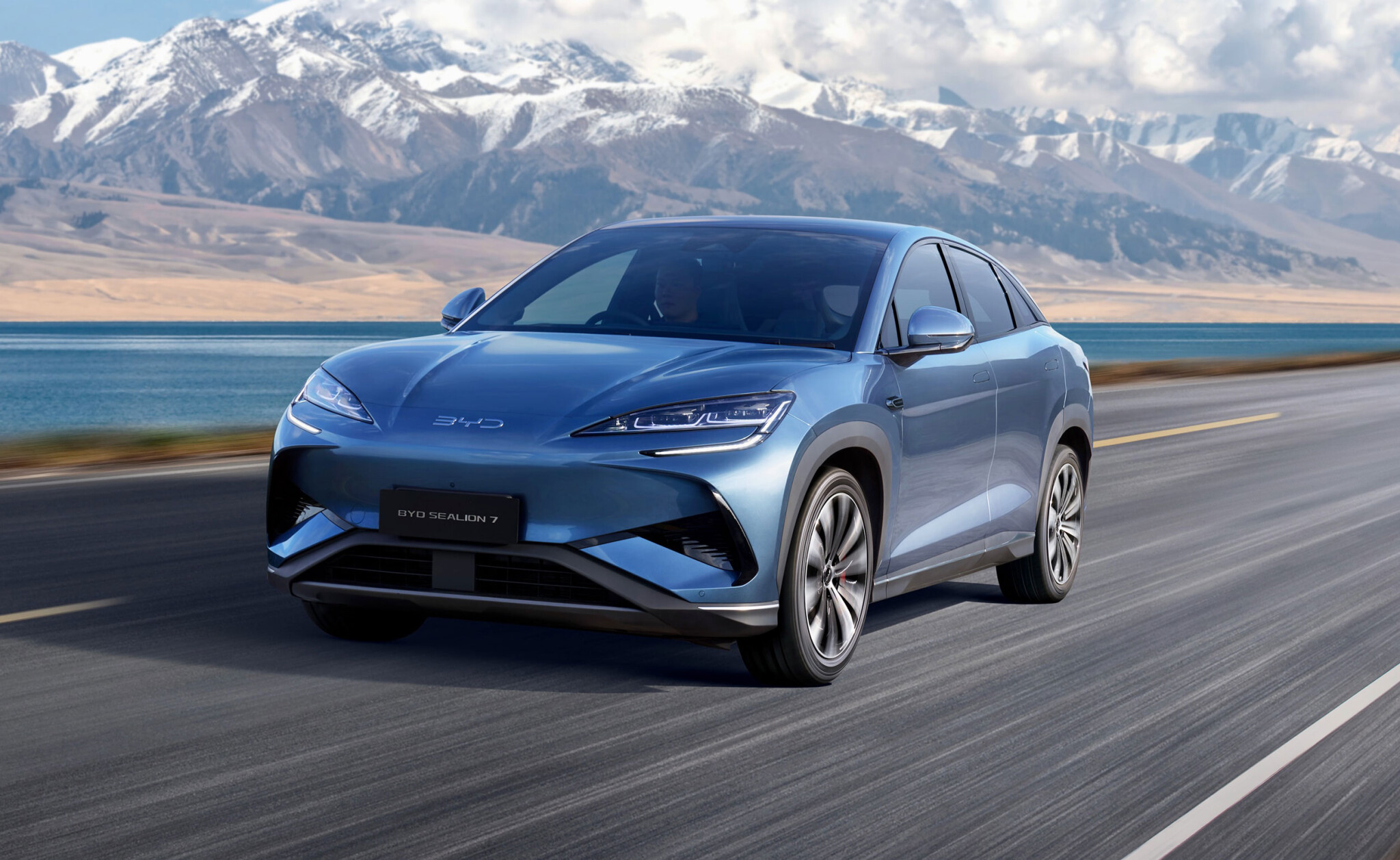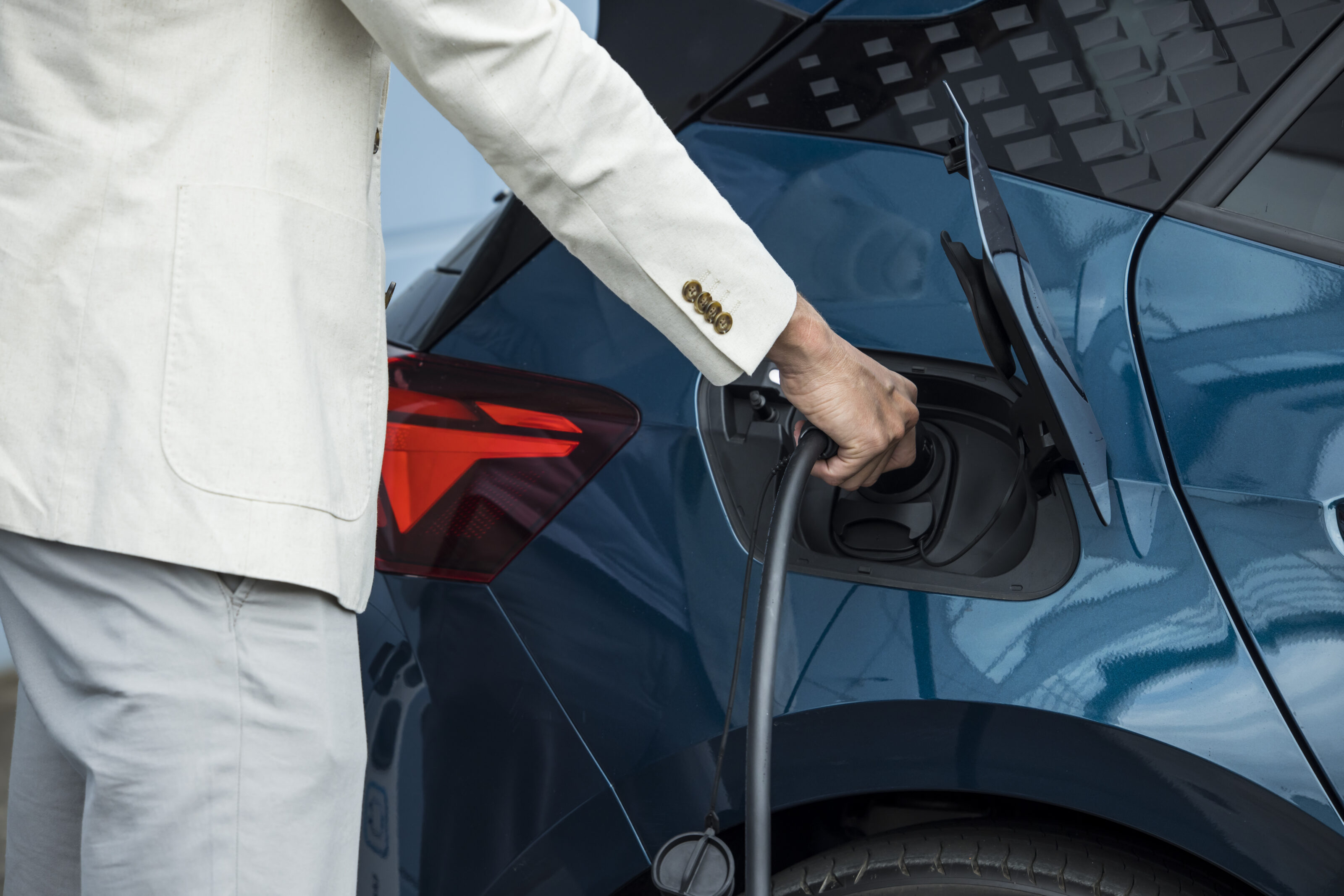
Snapshot
- The $3.4m trial will involve 160 EV owners
- It will show power networks how to manage EV charging load
- It is estimated EVs will make up 30% of local car sales by 2030
Record high petrol prices are speeding up the uptake of electric vehicles – which is a good thing for the environment, but could cause a strain on the nation’s electricity grid.
Fortunately, the exponential uptake of EVs was forecast even before fuel prices started heading north, which led to the planning of a smart EV-charger trial, which kicked off on April 1.
As part of the 12-month, $3.4 million trial led by electricity retailer Jemena, ‘smart chargers’ have been installed at the homes of more than 160 EV owners in Victoria, Tasmania and the ACT.
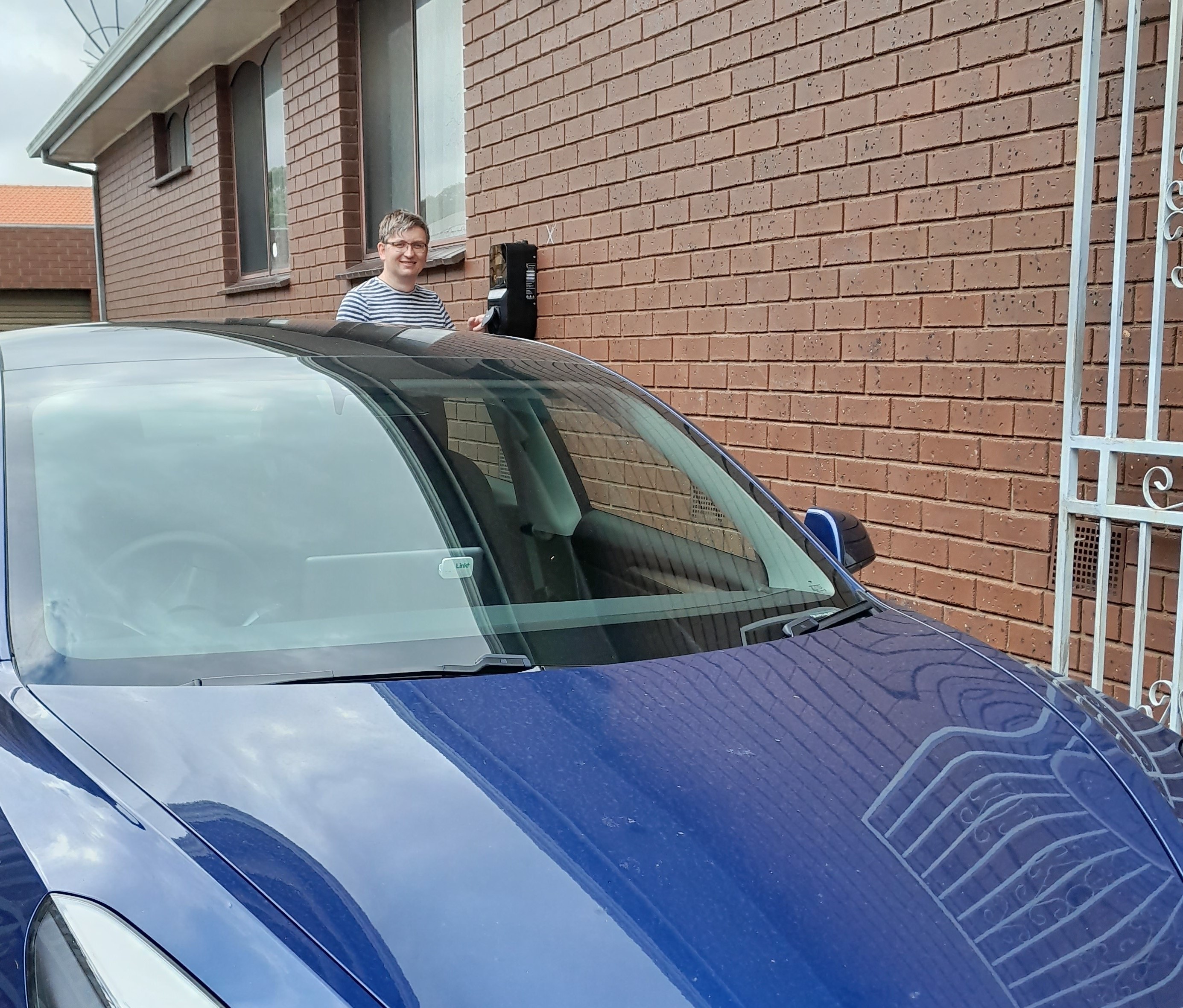
The 7kW JET Charge Chargemate units allow electricity network operators to remotely adjust when the vehicle uses them to avoid overload at peak times.
This means the participants’ EVs can be plugged in when it’s convenient, but automatically charged at times when the electricity grid has more capacity, whether that’s after midnight, or during the day when excess solar energy is being fed back into the grid.
As well as avoiding grid overload, it is expected to make charging EVs cheaper.
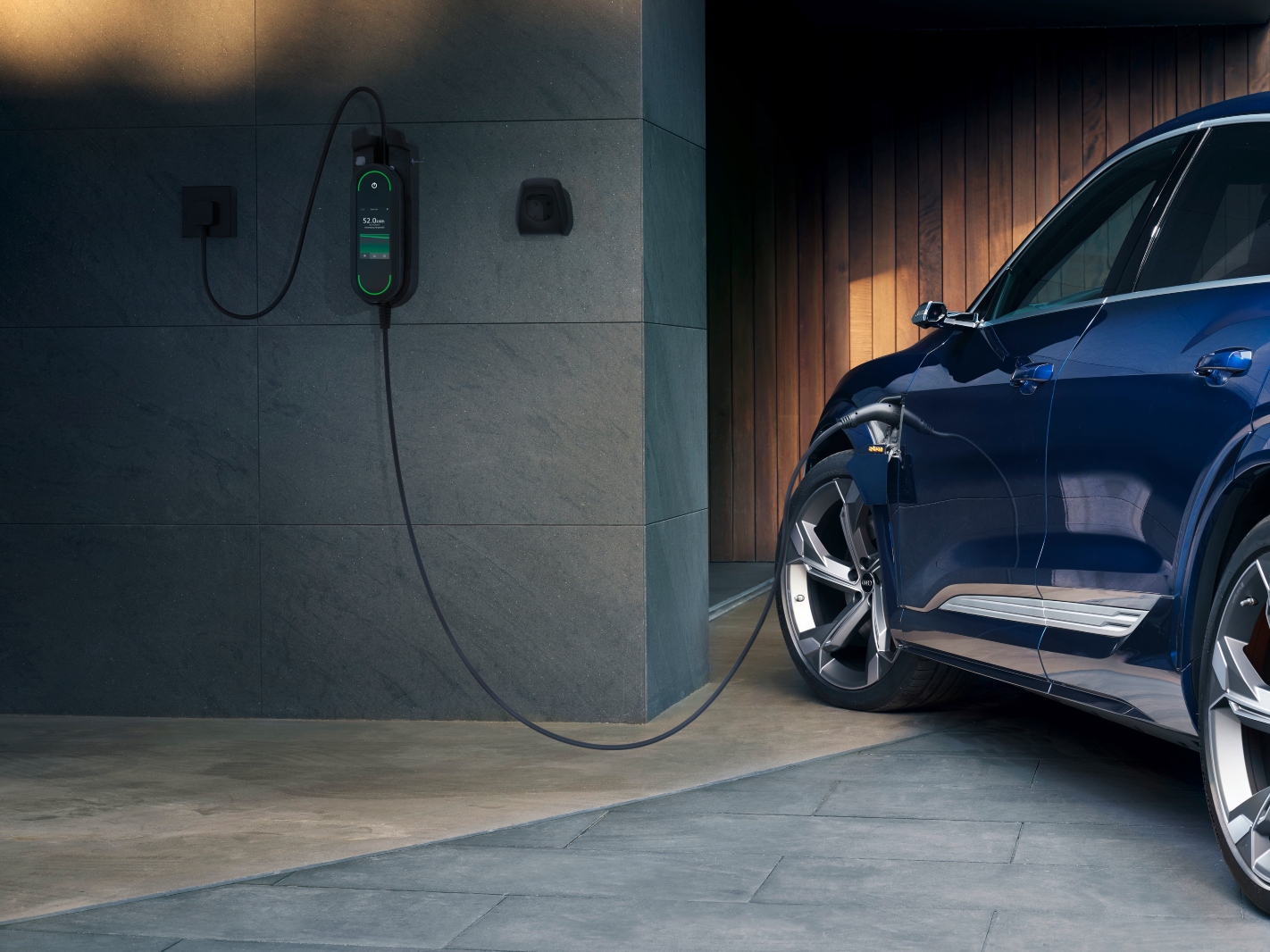
Information about EV charging habits so far shows most owners plug in their vehicles to charge after work at about 6pm, already a time of high demand on the electricity grid.
The trial will allow participants to view their EV charging data, while giving the network operators a better understanding of how to work with EV owners to manage the increasing demand on the grid.
Another key feature will be ‘solar soak’ events, where participants will be notified ahead of time to have their cars plugged in during a sunny day when there is an abundance of solar energy being exported into the grid.
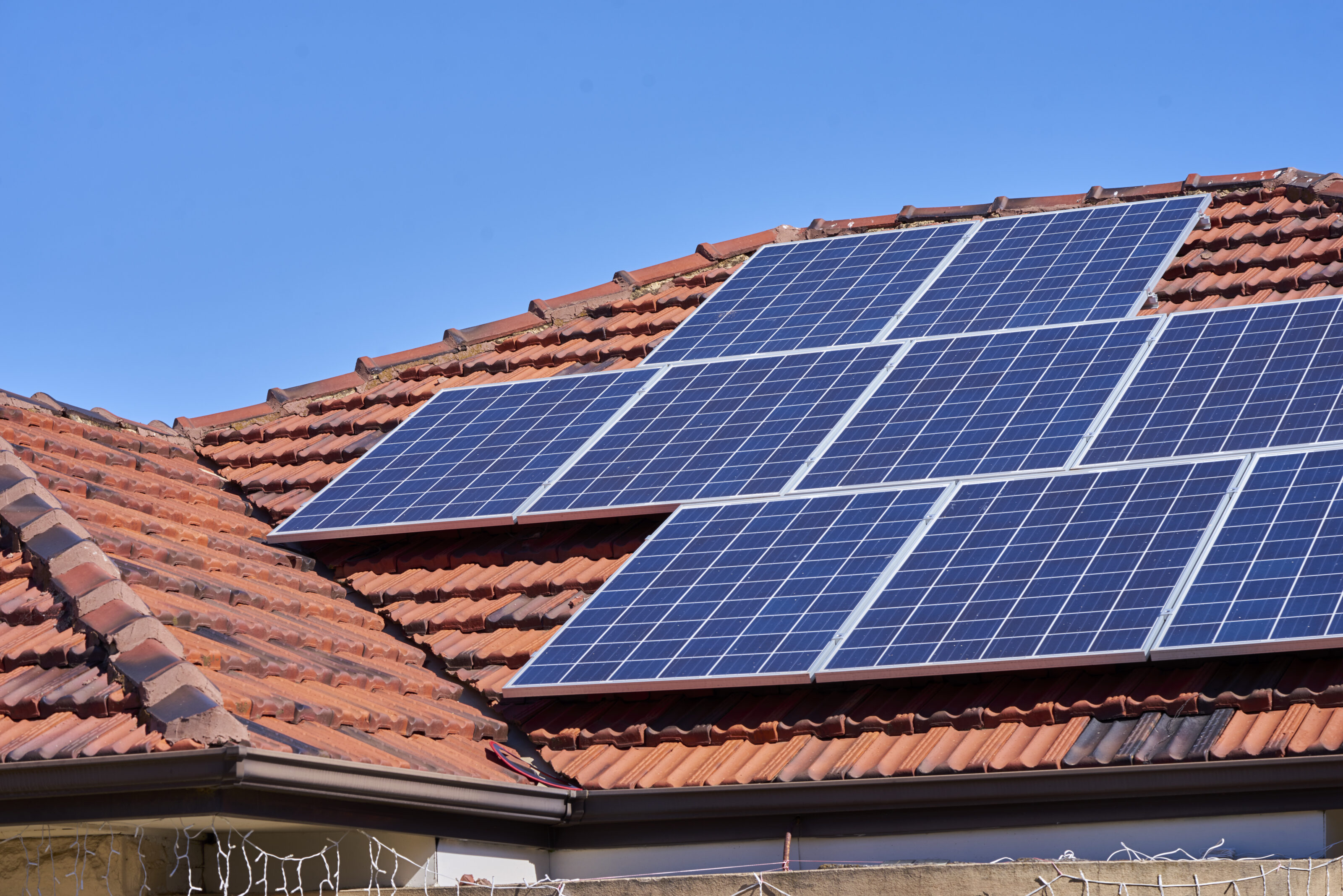
It’s hoped this will provide a better understanding of how EV charging can help with the problem of surplus electricity in the grid.
According to figures from the Electric Vehicle Council, EV sales are rapidly increasing, jumping from 6900 sold in 2020 to 20,665 in 2021. Delivery-delay issues aside, this is expected to jump again in 2022 due to the high fuel prices and a host of new models entering the local market.
This means, as Australian Government projections indicate, EVs will make up 30 per cent of all new cars sold by 2030, which would mean about 1.7 million electric cars on our roads – all of which will need charging and place demands on the grid.
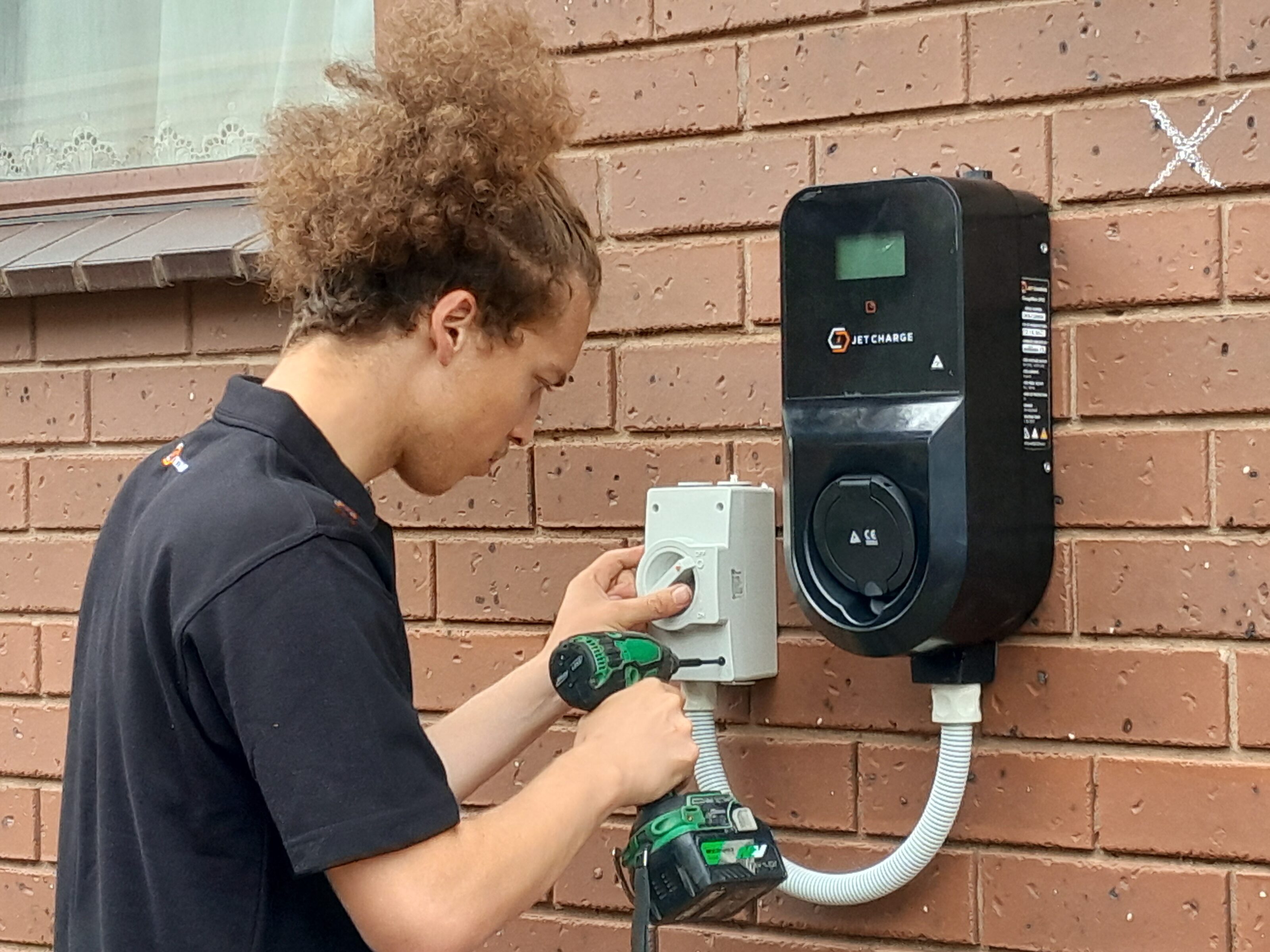
Jemena has partnered with Victorian electricity distribution network businesses AusNet Services and United Energy, TasNetworks in Tasmania and EVOEnergy in the ACT to run the trial, with the Australian Renewable Energy Agency (ARENA) providing co-funding under its Advancing Renewables Program to the tune of $1.55 million.
Melbourne-based EV charging infrastructure business JET Charge is providing and installing the Chargemate units.
Trial outcomes will be shared with electricity retailers, electric vehicle manufacturers, governments and other energy industry stakeholders. In total, 123 Victorian, 22 Tasmanian and 22 ACT households have had smart chargers installed to participate in the trial.
We recommend
-
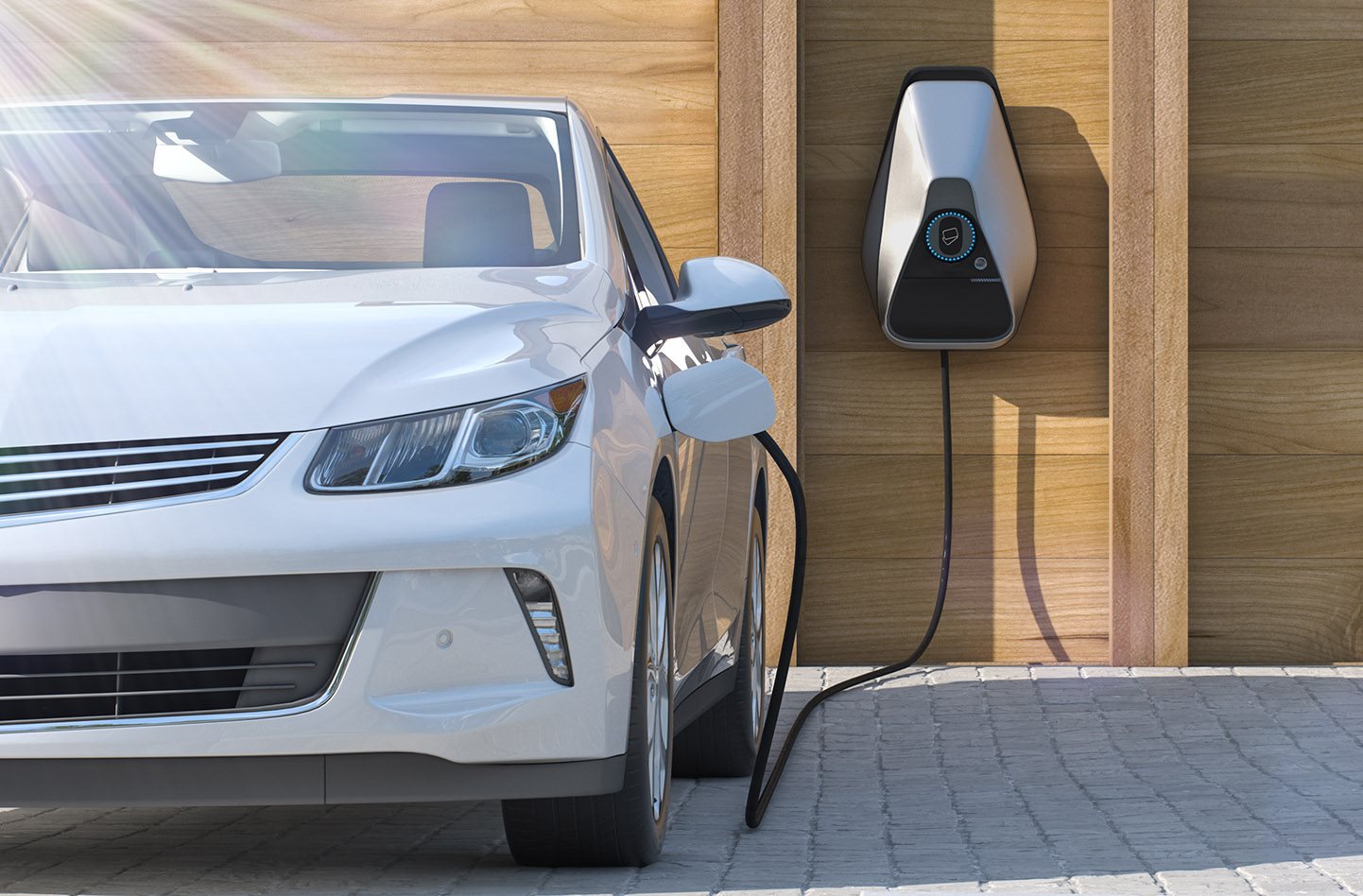 News
NewsAGL offers 250 free EV fast chargers for home charging trial
Energy company recruiting EV owners to demonstrate range of smart charging solutions
-
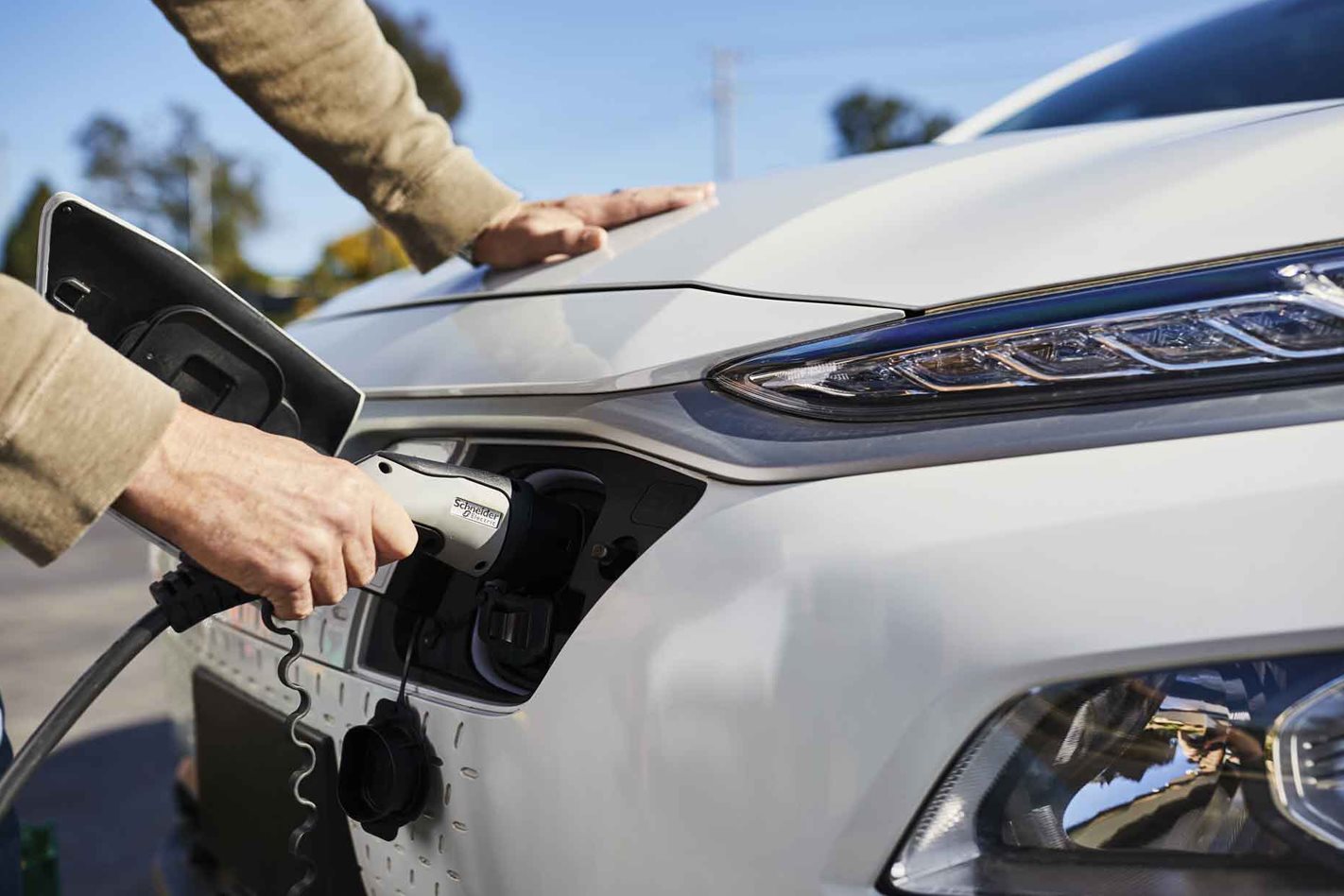 News
NewsEV smart charger trial switched on
Government supports $2.9m trial to explore grid-preserving smart chargers
-
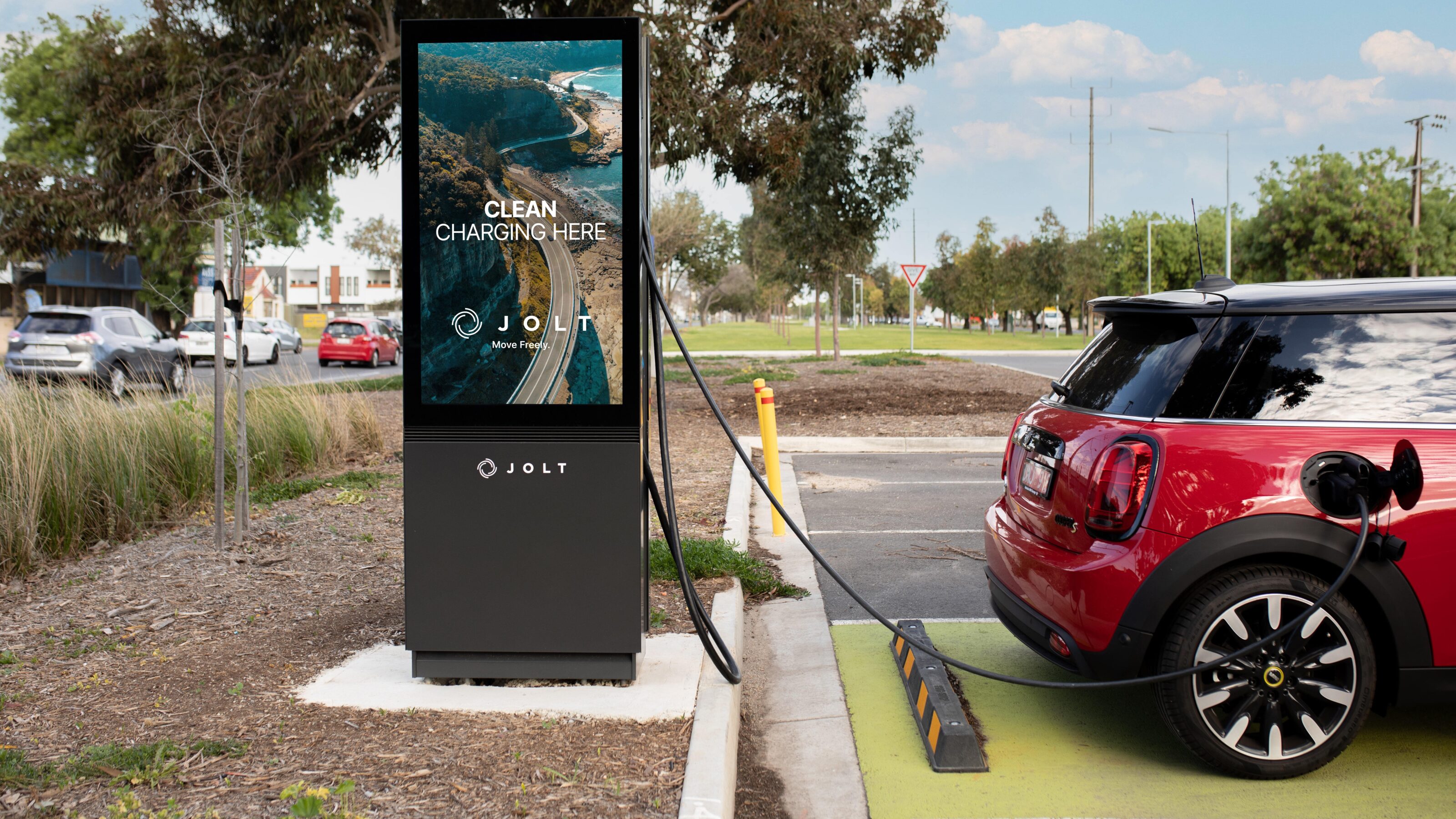 News
NewsSouth Australia launches trial to examine EV impact on grid
The SA Government has partnered with Jolt Charge to better manage its energy
-
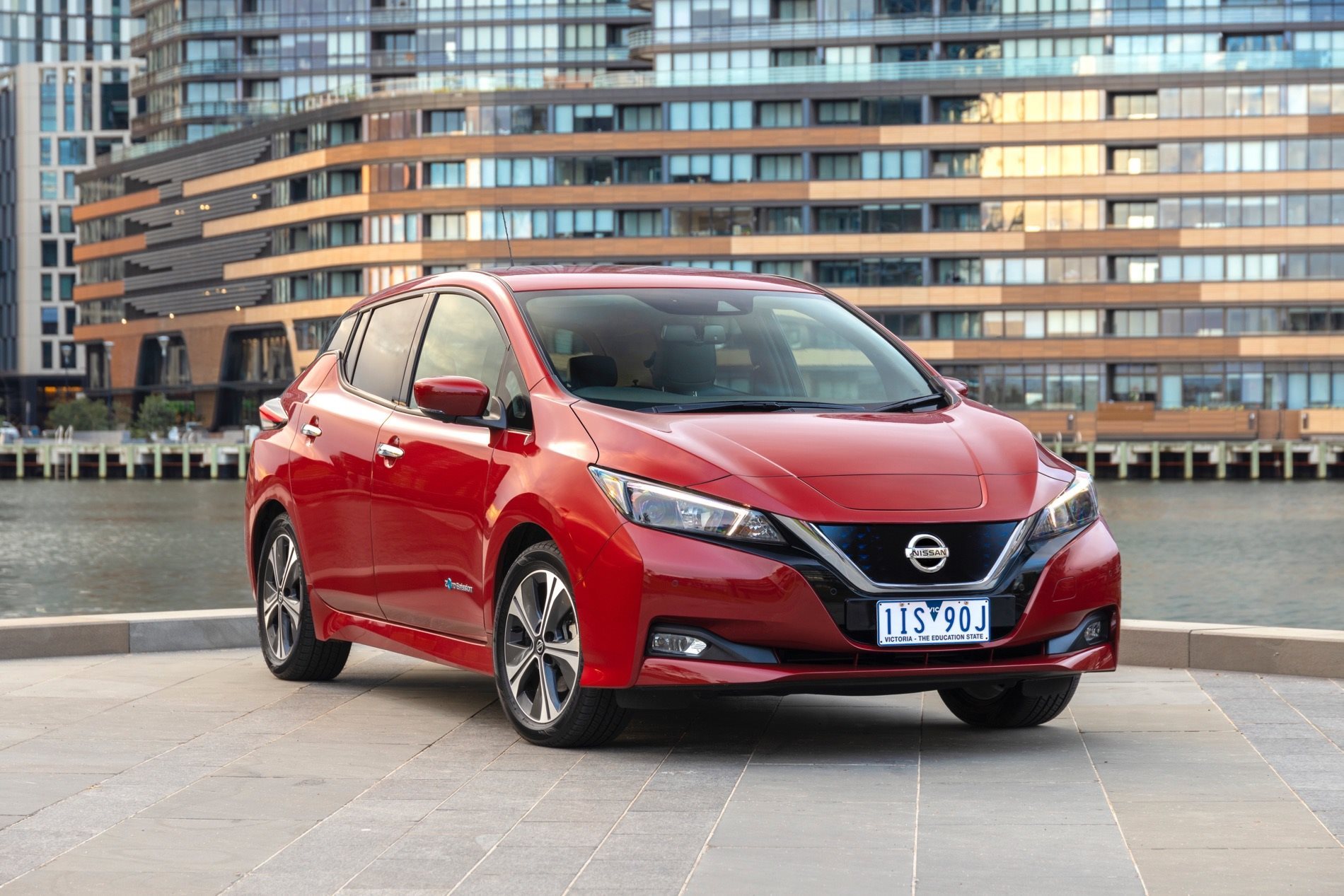 News
NewsNissan Leaf Vehicle-to-grid energy tech switched on in ACT trial
The Nissan Leaf gives the power to the people by using Vehicle-to-grid tech that can put the car’s reserve energy back into the electricity grid


